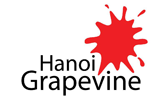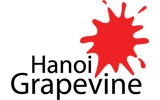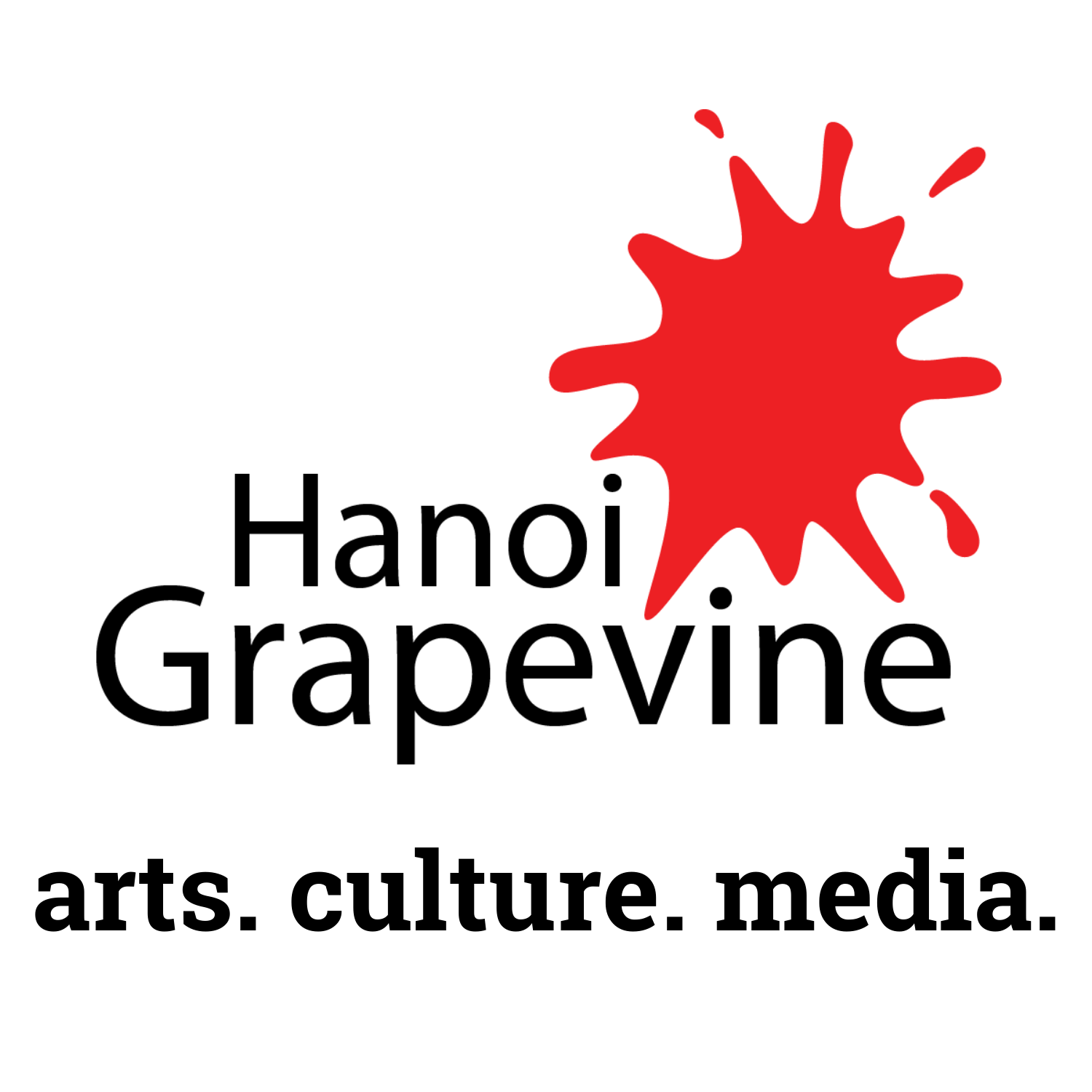KVT – Hoài niệm về: Tết Trung Thu…Lễ hội của Thiếu nhi


Xin lỗi, hiện bài viết này chỉ có bản tiếng Anh.
Hanoi Grapevine xin cảm ơn các bạn.
| Kiếm văn Tìm là một người hay quan sát cuộc sống nói chung và những sự kiện về văn hóa tại Hà Nội nói riêng và chia sẻ những chính kiến của mình trên Grapevine. KVT nhấn mạnh rẵng những quan sát và quan điểm cá nhân không phải là ý kiến quan trọng. Xem Hướng dẫn bình luận và hãy chia sẻ các suy nghĩ của bạn vào phần bình luận dưới đây. |


















An interesting piece.
Pedantically I’ll point out that the ‘poke’ associated with pigs is not a basket in which they are kept: it comes from an English expression which sums up a situation where someone has purchased something without checking it before handing over the money, the ‘poke’ referring to a bag or sack (from the same root as ‘pouch’ or ‘pocket’).
http://www.phrases.org.uk/meanings/a-pig-in-a-poke.html
A later confusion is with the ‘poke bonnet’ which became popular in the early 1800s:
http://oregonregency.blogspot.com/2008/04/how-to-make-regency-poke-bonnet.html
A more modern, sexist usage suggests that a man could become interested in an ugly woman wearing such a bonnet as the hat shaded the face head-on and in profile. He would then feel cheated once the bonnet was removed and the wearer’s face fully revealed: ‘No, she was a pig in a poke’.
There’s enough evidence to suggest that the earlier mediaeval usage is the true one.
KVT to AMANDA BUSH:
Thanks for your comments and research on pigs in pokes.
I was totally off the beam in my usage of the idiom and will get the editorial team at GV to change the sentence: ‘For lucky kids there were little pastry pigs…….often in woven paper pokes’ to: ‘For lucky kids there were little pastry pigs in paper cages that represent woven bamboo cages that some farmers still use to carry their live pigs to market.